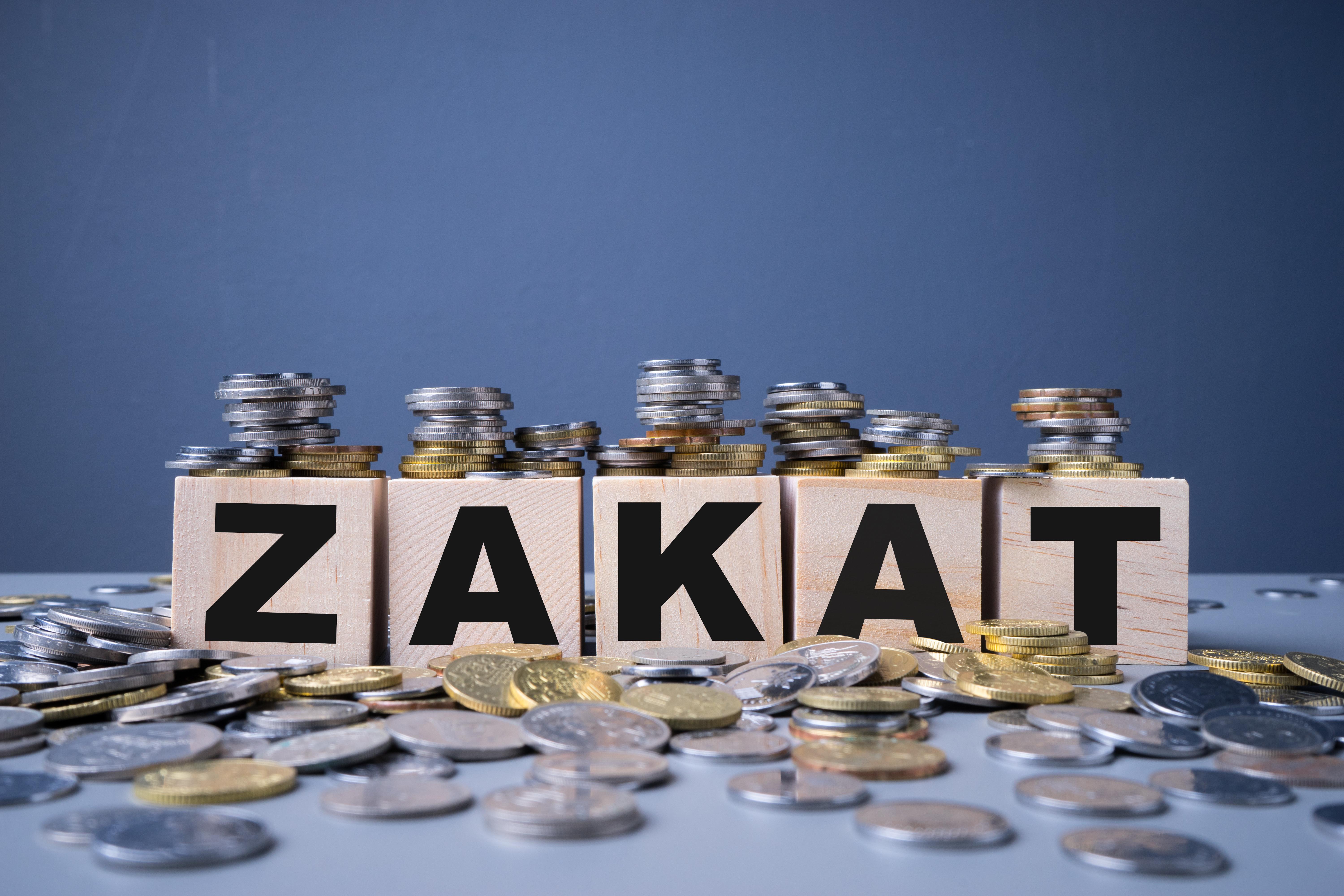
Zakat is a fundamental pillar of Islam and is compulsory on all Muslims who reach the Nisab threshold. It is calculated based on accumulated wealth, but whether or not that includes shares is something many Muslims and friends of the community are unclear on.
If you're unsure as to whether you should be paying Zakat on shares you have, keep reading as we explain Zakat, shares and how the two intertwine.
The first step is to clarify what a share is. Owning a share (sometimes called a stock) means that you own a portion of a company and, provided the company turns a profit, will be entitled to a share of the profits. Shares also give you entitlement to key decisions regarding the business by making you a joint owner. The more shares you buy, the more you own and the more you can potentially earn. You can own shares in any public company.
Within Islam, there are mixed opinions concerning the topic of shares and whether they are actually permissible. Some believe all shares are haram in nature, whilst others believe that - depending on the nature of the company the shares relate to - they can be halal. It very much depends on your school of thought.
Generally speaking, if a company involves itself in haram practices such as immoral actions, Riba (charged interest), indecent content, cheating, and more, you must not buy or sell shares from them. If the company does do not do any of the above, it may be considered halal to purchase shares.
Zakat is a charitable donation that is mandatory for all eligible Muslims to pay. It is incredibly important within Islam as it was mentioned by Allah (SWT) 32 times in the Holy Qur’an. It is one of the five sacred pillars of Islam, which are the foundations of the Islamic faith.
Zakat is interpreted as a form of physical and spiritual purification, helping you to appreciate the blessings Allah (SWT) has bestowed upon you, whilst strengthening your faith and relationship with the Almighty. Being one of the principal practices of Islam, Zakat is a form of dedication and confirmation of your belief in Allah (SWT).
It is calculated on accumulated wealth, such as cash in the bank, second homes/vehicles, and shares. If a person's accumulated wealth meets the Nisab threshold and stays there for a full year, they must pay Zakat on it. How much Zakat is paid depends on how much wealth a person has, so it varies from person to person.
In short, if you have shares, you should pay Zakat on them, but the amount you pay depends on why you bought the shares.
If you own shares and you purchased them with the intention of selling them quickly and making money, you must pay Zakat on them because they are considered as a form of accumulated wealth. The amount of Zakat you pay will be calculated based on the current market value of your shares.
If you received dividends from your shares, you treat the money earned as cash and pay Zakat on it as you normally would with all other forms of cash.
Some people purchase shares with the intention of them being long term investments (over a year long). If this is the case, you should pay 2.5% of the value of the shares as Zakat. You can easily work out how much Zakat you need to pay on stocks and shares by using our Zakat calculator.
In the case the business you have shares in pays Zakat on its assets, you do not need to pay Zakat for it. It is not permissible for two Zakat payments to be paid on the same wealth. For the most part, those who have shares and pay Zakat on them at a personal level do so because the company does not pay Zakat on its assets, usually because it is not majority owned by Muslims.
All Muslims must make their obligatory Zakat payment once every lunar year. There is no set date, but many choose to make their donation during the last 10 days of Ramadhan in order to reap great rewards from Allah (SWT). The person giving Zakat must be past the age of puberty (adult), faithfully practicing, in good mental condition and sane, and earning wealth that is halal to be considered eligible.
There are strict guidelines on who can receive Zakat as per the Qur'an. “Zakah expenditures are only for the poor and for the needy and for those employed for it and for bringing hearts together [for Islam] and for freeing captives [or slaves] and for those in debt and for the cause of Allah and for the [stranded] traveller – an obligation [imposed] by Allah. And Allah is Knowing and Wise.” (9:60, Surah Tawbah)
Zakat is required to be paid upon all acquired capital assets that the individual owns. The rate that should be paid on capital assets can differ between 2.5% and 20%, but it is usually 2.5%. All assets are to be reviewed and appropriately calculated, ensuring that they meet the minimum Nisab threshold. The Nisab levels were told to us by the Prophet Muhammad (PBUH). He stated that the amount should equal the value of 87.5 grams of gold or 612.4 grams of silver.
Each person can choose whether they pay Zakat on the value of silver or gold, with gold incurring a higher payment but being able to help more people.
Zakat is an important duty upon the Muslim community. At ILM, we aim to help our brothers and sisters to complete this obligated charity efficiently and successfully. In union, we can all gain the mercy and blessings of Allah (SWT) and support those who need it most.
With your Zakat donations, we will be able to provide support and aid across the world, giving those in need a chance of a better life and brighter future. Donate your Zakat today with ILM.